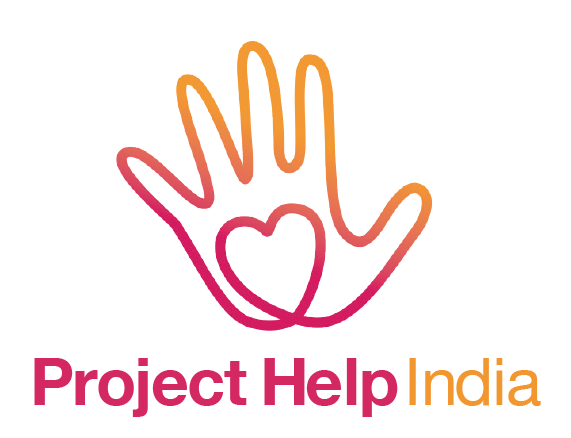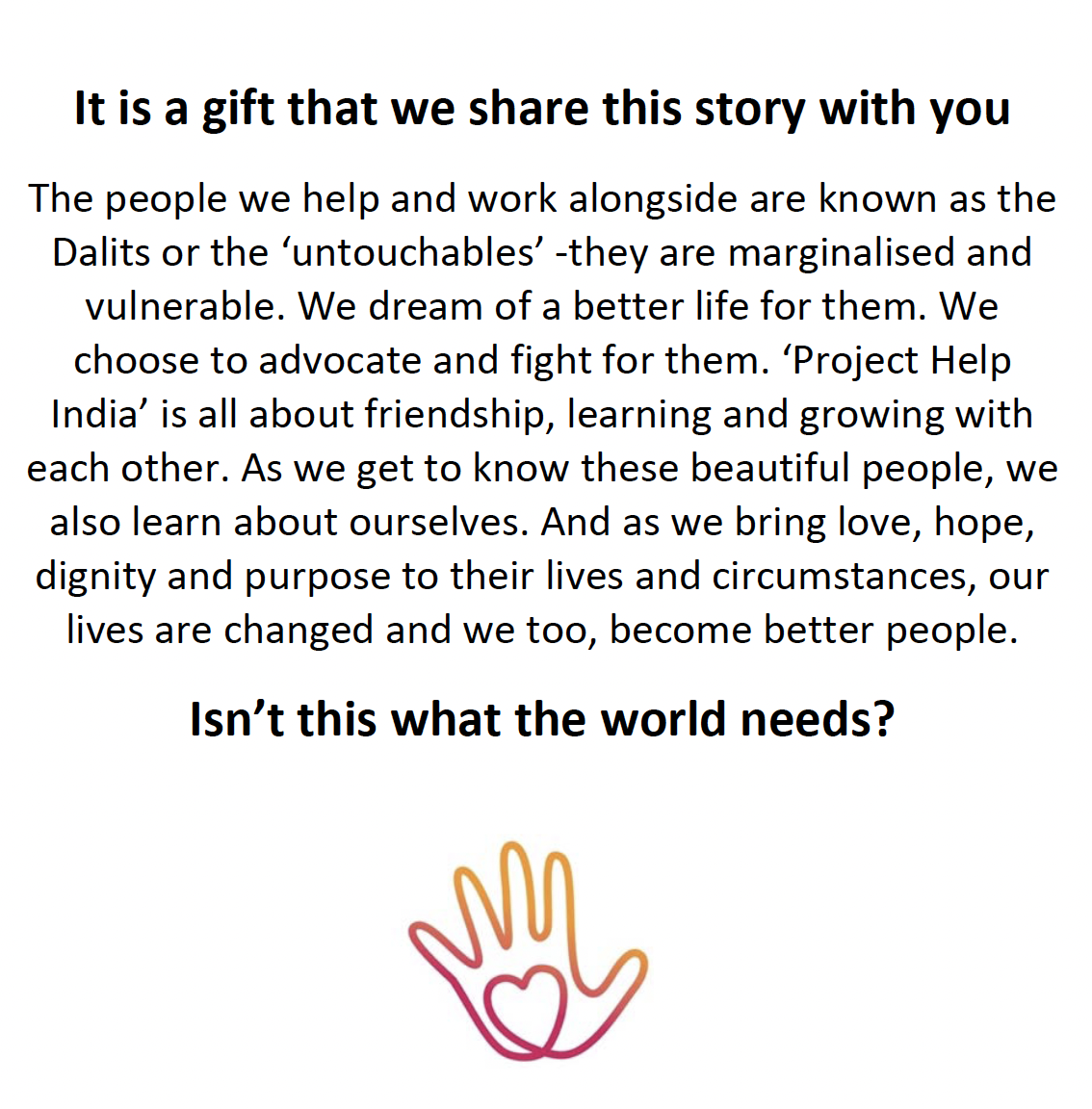This is the second of a series of blogs about the work of Project Help India in the area of anti-human trafficking. In our first blog we provided an overview of the work we do, this week we want to tell you specifically about anti-childhood begging. Kids who beg are most vulnerable to trafficking - the two go hand in hand and are usually run by the same crime syndicates (local mafia) - especially in the slums.
There are at least 300 000 child beggars on the streets of India, with some estimates of over half a million kids. Most of these children do not attend school. According to Cook (2019), many children are actually abducted and forced into begging.
“The statistics are alarming. According to the Indian National Human Rights Commission, up to 40,000 children are abducted every year. The whereabouts of more than 10,000 of them remain unknown. What's more, it's estimated that 300,000 children across India are drugged, beaten and made to beg every day. It's a multi-million dollar industry that's controlled by human trafficking cartels.”
Project Help India contributing to ‘Operation Mukti’
It was just this week on Wednesday 3rd August that 2 members of the Project Help team, Shalini and Arunima, attended the first of a number of planning meetings for ‘Operation Mukti’ at the Kotdwara City Police Station.
‘Operation Mukti’ is a child safety initiative conducted by the Uttarakhand Police and led by the Deputy Police Superintendent. The operation will be held in partnership with a number of government departments including the Social Welfare Department, Child Development Department, Child Welfare Committee, Department of Labour and Employment, Health Department and Child Helpline Department. Project Help India is the only non-government organisation (NGO) invited to participate.
The motto of the operation is “Support to educate a child”. The aims are to;
to stop child beggars.
promote education among the children
raise community awareness to prevent child beggars
protect vulnerable children from trafficking and other forms of exploitation
Operation Mukti will be held across a very wide region of Uttarakhand State during August and September (60 days) and it will be divided into three stages.
Stage 1: To mark out areas where children beg and work as scrap/reg pickers. Children will be identified and educated about the dangers of begging and provided with pathways for attending school as an alternative.
Stage 2: Delivery of a community awareness program is spreading awareness in the region about child labour, child begging and how people can assist to fight this social issue
Stage 3: Implementing individual plans (IPs) designed for individual children. Risk assessments for these children will be based on their level of risk of harm, needs and personal circumstances.
At the meeting our staff, Shalini and Arunima, spoke about the mission of Project Help India specifically about our education centres and parent seminars. The many officials were grateful for our willingness to contribute and they also acknowledged the significant contribution that Project Help played during the COVID lockdown.
The Project Help India team has been asked to play a critical role in Operation Mukti, particularly in the delivery of Stages 2 and 3. At the meeting, officials from all of the departments praised the work of Project Help India and acknowledged our key role in ensuring the success and smooth running of the Operation.
Further to this, the Child Development Department asked Project Help to assist in the rehabilitation of two orphaned kids from the Dugadda region. We were then approached by an official of the Child Helpline Department to assist in the resettlement of families from the Himalayan hills who have lost their homes due to the recent heavy rain.
It is an incredible honour for Project Help India to participate in Operation Mukti, and an important responsibility that we now have to help these 2 kids and people in need.
How you can help
For us to provide the time and resources require we ask for your help that we might specifically create the role of a Project Help Child Safety Officer. We mentioned this last week. We are seeking a donation of $1500 AUS would pay the annual salary a Project Help Community Care Worker - a specific role that we would love to create to specifically develop our anti-human trafficking programs, and participations in joint venture initiatives such as Operation Mukti. Please contact us if you can help.
Thank you so much.




















































